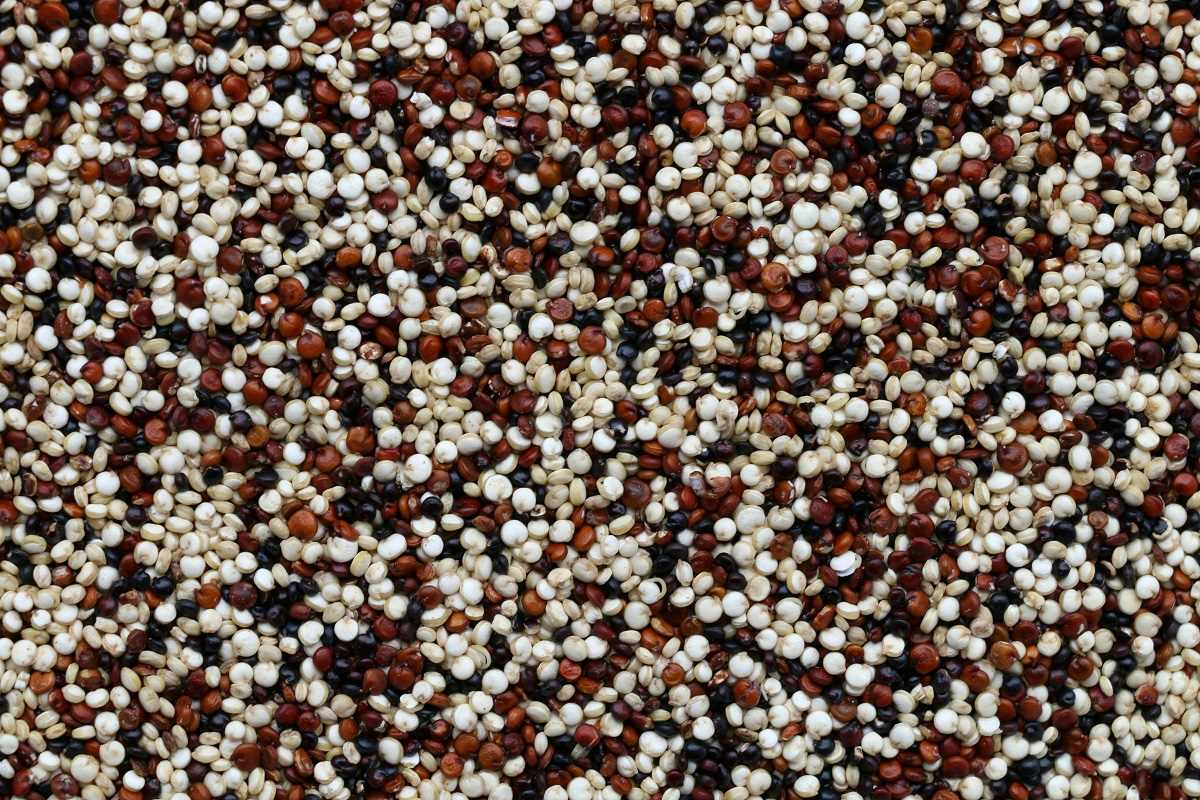Eczema, or atopic dermatitis, is more than just a skin condition—it’s a chronic issue that stems from a combination of genetics, environmental factors, and immune system responses. While skincare routines and topical treatments play a crucial role in managing eczema, the importance of diet is often underestimated. What you eat can influence inflammation levels in your body, impact your skin barrier, and even trigger or soothe eczema flare-ups.
This article explores how diet impacts eczema symptoms, identifies common food triggers, and offers practical dietary tips for managing eczema effectively.
How Diet Impacts Eczema
Eczema is primarily an inflammatory condition, meaning anything that influences inflammation in your body can potentially affect your symptoms. Certain foods can either exacerbate or alleviate inflammation, playing a key role in how severe or frequent flare-ups occur. By understanding how your diet interacts with your immune system and skin health, you can take proactive steps to manage eczema from the inside out.
The gut-skin axis, a concept referring to how gut health influences skin conditions, is also worth noting. A healthy gut microbiome promotes a balanced immune system, which may reduce eczema-related inflammation. This connection underscores why diet and gut health are central to managing eczema effectively.
Foods That May Trigger Eczema Flare-Ups
Certain foods are known to trigger eczema flare-ups, though individual sensitivities vary. Recognizing these potential triggers can help you determine which items to avoid in your diet.
- Dairy Products - Milk, cheese, and other dairy products are common allergens that can trigger eczema symptoms in some people. While not everyone with eczema has a dairy intolerance, those who do may experience increased redness, itching, or overall irritation after consuming dairy.
- Gluten - Gluten, a protein found in wheat, barley, and rye, is another potential trigger. For individuals with gluten sensitivity or celiac disease, consuming gluten can lead to systemic inflammation, worsening eczema symptoms.
- Nuts and Seeds - Certain nuts and seeds, such as peanuts and walnuts, are known allergens and may provoke eczema flare-ups, particularly if you have a nut allergy. However, this isn’t universal—some nuts (like almonds) can offer anti-inflammatory benefits for those without sensitivities.
- Eggs - Eggs are a common allergen, especially in children, and have been linked to eczema flare-ups. Carefully observing how your body reacts to eggs can help you determine whether they are a problem for you.
- Processed Foods - Highly processed foods, such as fast foods, sugary snacks, and fried items, often contain additives, preservatives, and unhealthy fats that promote inflammation. Avoiding these foods can help improve overall skin health.
- Citrus Fruits - While they’re packed with vitamin C, citrus fruits like oranges, lemons, and grapefruits can irritate eczema in some individuals. If you notice symptoms worsening after consuming citrus, it’s worth exploring whether these fruits are triggering your condition.
- Alcohol - Alcohol, especially in excess, can dehydrate the body and potentially trigger inflammation, making it a possible culprit for eczema flare-ups.
Foods That Can Help Manage Eczema
On the flip side, certain foods have anti-inflammatory properties and may help alleviate eczema symptoms. Incorporating these into your diet can promote healthier skin and fewer flare-ups.
- Omega-3 Fatty Acids - Omega-3 fats, found in foods like salmon, mackerel, chia seeds, and walnuts, are known for their powerful anti-inflammatory effects. Regularly consuming these fats can help calm your skin and improve its barrier function.
- Fruits and Vegetables - Brightly colored fruits and vegetables, such as berries, leafy greens, carrots, and sweet potatoes, are rich in antioxidants that fight inflammation. Vitamin C-rich options like bell peppers and strawberries can also support collagen production and overall skin health.
- Probiotic-Rich Foods - Probiotics found in fermented foods like yogurt (if tolerated), kefir, sauerkraut, and kombucha are beneficial for gut health. A balanced gut microbiome may help regulate immune responses and reduce eczema-related inflammation.
- Turmeric - Turmeric contains curcumin, a compound with strong anti-inflammatory properties. Adding turmeric to your meals or consuming it in supplement form can provide skin benefits.
- Whole Grains - Whole grains like oats and quinoa are less processed than refined alternatives and contain fiber, which is beneficial for gut health. Their slower digestion also helps maintain blood sugar stability, another factor that could influence inflammation.
- Healthy Oils - Olive oil and coconut oil are fantastic sources of healthy fat. Extra virgin olive oil, in particular, is rich in antioxidants and nutrients that nourish the skin.
Eliminating Food Triggers
If you suspect that certain foods are triggering your eczema, an elimination diet can help identify the culprits. This process involves removing a potential trigger food from your diet for 2-4 weeks and then reintroducing it to see if symptoms return.
Steps to Follow:
- Keep a Food Diary - Write down everything you eat and track your eczema symptoms daily. This record can help identify patterns.
- Eliminate Suspected Foods - Remove one suspected food at a time, such as dairy or gluten, and monitor your symptoms.
- Reintroduce Gradually - Add the eliminated food back into your diet and observe any changes. If symptoms flare up, that food may be a trigger.
- Seek Professional Guidance - Work with a dietitian or doctor to ensure you’re eliminating foods safely and maintaining balanced nutrition.
The Role of Probiotics and Gut Health
Emerging research highlights the potential benefits of probiotics in managing eczema. Probiotics are live microorganisms that promote a healthy gut, which may reduce systemic inflammation associated with eczema. Some studies suggest that consuming probiotics during pregnancy or early childhood may even lower the risk of developing eczema.
Probiotics can be consumed in supplement form, but obtaining them naturally through your diet is often more beneficial. Incorporate probiotic-rich foods such as yogurt, kefir, miso, and kimchi to enhance your gut health.
Practical Dietary Tips for Managing Eczema
Making small, consistent changes to your eating habits can have a significant impact on your eczema symptoms. Here are some useful tips:
- Prioritize Anti-Inflammatory Foods - Focus on building your meals around whole, nutrient-dense foods like vegetables, fatty fish, and healthy fats.
- Hydrate Well - Stay hydrated to keep your skin moisturized from within. Dehydration can make eczema-prone skin dry and more prone to flare-ups.
- Limit Sugar and Refined Carbs - Excess sugar and refined carbohydrates can spike inflammation levels, aggravating eczema. Replace them with whole foods like fruits and whole grains.
- Consider Supplements - If your diet lacks sufficient omega-3s or other key nutrients, supplements may help bridge the gap. Always consult your doctor before starting new supplements.
- Avoid Allergen Cross-Contamination - If certain foods are triggers for you, ensure they don’t contaminate other ingredients in your kitchen.
- Cook at Home - Preparing meals at home gives you control over ingredients, allowing you to avoid hidden allergens and processed additives.
- Seek Personalized Advice - Every individual’s eczema triggers are unique. A dietitian can develop a personalized meal plan based on your needs.
Final Thoughts
Eczema is a complex condition influenced by multiple factors, and diet is an important component of its management. By identifying and avoiding food triggers, prioritizing anti-inflammatory options, and taking care of your gut health, you can help reduce eczema flare-ups and enjoy healthier skin. While dietary changes alone may not completely eliminate eczema, they can support other treatments and significantly improve your quality of life.
Remember, managing eczema is a journey. Stay patient, and don’t hesitate to seek professional guidance to create a tailored dietary plan that works for you.
 (Image via
(Image via



.jpg)

